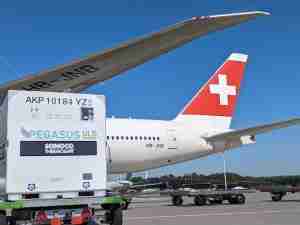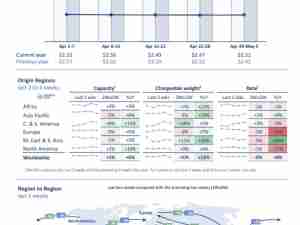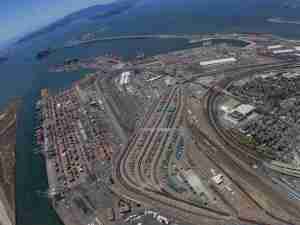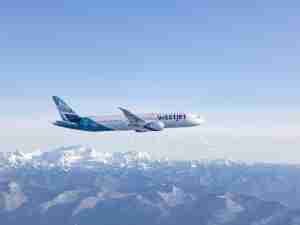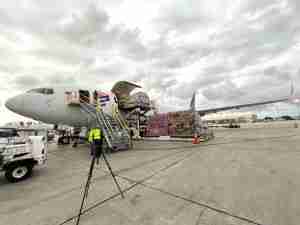VietJet Gets Shareholder Approval to Raise Foreign Ownership Cap
By: | Apr 20 2017 at 01:18 AM | Air Cargo
VietJet Aviation Joint Stock Co., which controls almost half of Vietnam’s domestic airline market after first taking flight six years ago, received shareholder approval to increase foreign ownership to meet investor demand in the nation’s soaring travel industry.
Shareholders meeting in Ho Chi Minh City agreed to raise the cap on foreign ownership to 49 percent from 30 percent as the budget carrier forecasts 2017 profit to rise 30 percent from $101 million (2.3 trillion dong) in 2016. VietJet’s higher foreign ownership now needs the approval of Prime Minister Nguyen Xuan Phuc because aviation is considered a restricted industry with a 30 percent foreign ownership cap.
Shares of VietJet have surged 54 percent since its trading debut on Feb. 28. The stock fell 1.1 percent to 130,000 dong at the midday break in Ho Chi Minh City on Thursday, before the shareholder approval was announced. The benchmark VN Index was down 0.5 percent.
“Vietnam’s aviation industry is very attractive to investors,” said Tran Thi Hai Yen, a Ho Chi Minh City-based analyst at ACB Securities JSC.
VietJet began its service in late 2011 after being founded by billionaire Nguyen Thi Phuong Thao in 2007. The carrier competes with national carrier Vietnam Airlines, which owns 70 percent of budget carrier Jetstar Pacific Airlines Aviation JSC, with Qantas Airways Ltd. holding the remaining 30 percent. Vietnam Airlines also owns Vietnam Air Services Co., known as Vasco.
VietJet has a 42 percent share of the domestic aviation market, the same as Vietnam Airlines, said Brendan Sobie, Singapore-based chief analyst at CAPA Centre for Aviation. The rest of the market is controlled by Vietnam Air’s subsidiaries. VietJet could achieve 50 percent domestic market share in the near- to medium-term, Sobie added.
